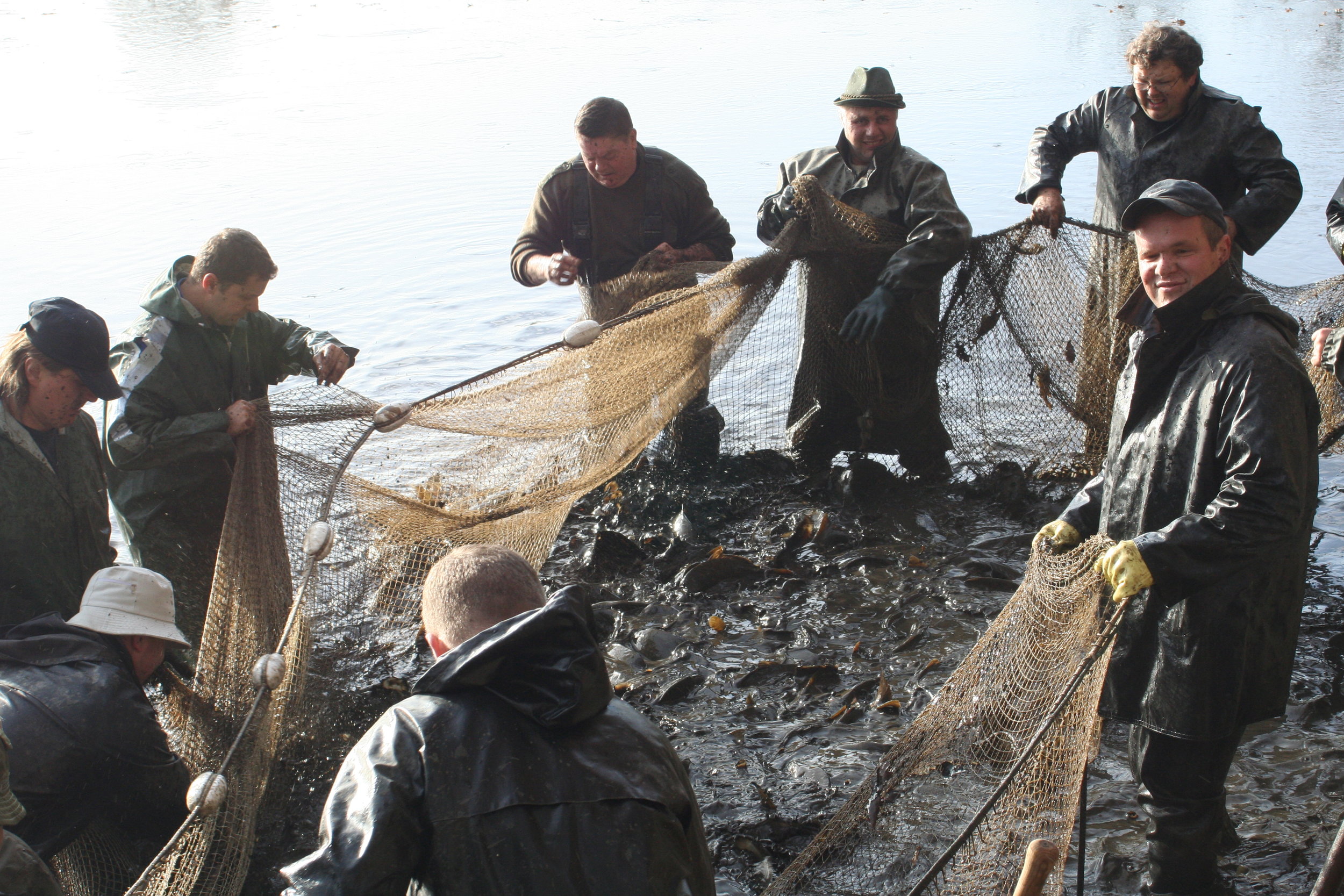The 2017 List: 13 things to bring into the new year
/With some truly depressing 2017 lists out there, I want to add a couple that might actually come in handy... or at least crack a smile.
Here is the Rebel With a Pen list of what to take with you when leaping into 2017:
Chocolate
A solar panel
A manual for communicating with racists
A Canadian passport or at least least a maple leaf bumper sticker
Your entire library of books
Wool socks
A couple of 1960s protest albums
Food stockpiles
A bomb shelter
Your family and near neighbors
A first aid kit with extra bandages
Your ability to laugh in the face of disaster
Your generosity of spirit when it comes to people you might feel like judging
And with some of the bizarre wish lists out there, I figured that my brand of fantasy wouldn't seem far fetched at all. Here's my wish list for 2017:
I wish Donald Trump would get on TV, laugh really loud and say, "Just kidding!" And then go back to his moocher lifestyle and leave us in peace.
I wish everyone in the media would suddenly realize they should actually listen to scientists. Then science and climate discussions would be at the top of the news cycle all year long.
I wish oil executives would realize the Indians own that land in North Dakota and that squeezing every last drop of oil out of the sand in Texas is not going to prolong their gluttonous lifestyle for very long anyway so they might as well start thinking about long-term survival.
I wish my kids would wake up January 1 and realize that bickering defeats fun.
I wish the next president would declare a new New Deal consisting of building solar panels to go on every roof and a light-rail system serving the entire country.
I wish all the teenage ISIS fighters would get a deep hankering to go live with their mothers and watch TV until they're forty.
I wish all bombs, missiles and munitions as well as all guns not in a safe under lock and key would mysteriously disappear on January 1.
I wish someone brilliant would invent a way for writers and artists to make a living at their craft.
I wish Microsoft would go bankrupt and have to sell off all of its parts to independent programmers who want to make an honest living.
I wish our society would begin taxing the use of natural resources instead of the labor of the working poor and the funds would be put toward educational opportunity, urban greenspaces, rural public transit and subsidies for high quality cottage industries.
I wish a benign virus would evolve and spread among humans which deactivates the part of the brain that categorizes according to skin color, speech pattern and the appearance of a person's eyes.
With those sweet and optimistic thoughts in mind, I wish you a very happy (and peaceful) new year!





















